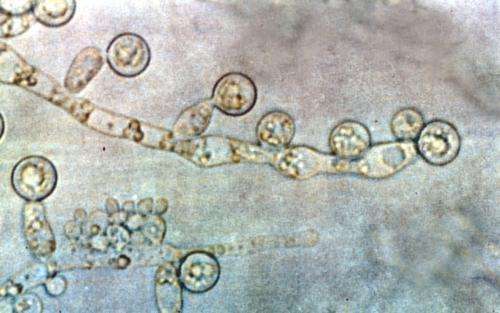Research Shows 'Young Brain' Individuals Outlive Their Peers with Older Brain Age

A groundbreaking study reveals that individuals with 'young brains' have a significantly higher chance of living longer and avoiding age-related diseases like Alzheimer's. The research introduces a blood-based biomarker to assess the biological age of the brain and other organs, opening new possibilities for early intervention and personalized longevity strategies.
Recent scientific research highlights a profound link between brain health and longevity. A study conducted by Stanford Medicine introduces a blood-based biomarker that assesses the biological age of various organs, including the brain, heart, and lungs. Unlike chronological age, this biological age provides a more accurate picture of an individual's physiological condition and risk for age-related diseases.
The research analyzed blood samples from nearly 45,000 participants aged 40 to 70 in the UK Biobank, utilizing advanced proteomics to measure thousands of proteins associated with different organs. The innovative algorithm determines how organ-specific protein signatures deviate from typical levels for a given age, categorizing organs as 'extremely aged' or 'youthful' based on their biological age.
Findings reveal that the biological age of the brain significantly influences lifespan and disease risk. An 'extremely aged' brain correlates with a heightened likelihood of developing Alzheimer's disease—over three times greater than a youthful brain—and increases the overall risk of mortality by 182%. Conversely, a 'young' brain reduces mortality risk by 40%. The study suggests that brain health plays a pivotal role in predicting longevity and offers potential pathways for early intervention.
This pioneering approach could revolutionize preventive medicine by allowing clinicians to identify individuals at high risk for neurodegenerative and other organ-specific diseases before symptoms manifest. Although currently limited to research, the blood-based organ age test is expected to be commercialized in the next few years, paving the way for personalized strategies aimed at promoting longevity and healthspan.
The implications of this research emphasize shifting from reactive treatment to proactive health management, with the hope of mitigating age-related diseases through early detection and targeted interventions.
Stay Updated with Mia's Feed
Get the latest health & wellness insights delivered straight to your inbox.
Related Articles
Updated: Increase in NYC Legionnaires' Disease Cases Reaches 90 with 3 Fatalities
An outbreak of Legionnaires' disease in Central Harlem has resulted in 90 infections and 3 deaths. City officials are enhancing regulations around cooling tower maintenance to control the spread of the bacteria.
From Flies to Therapy: A 20-Year Journey Leading to Cancer Clinical Trials
A groundbreaking 20-year research journey originating from fruit fly studies has led to the development of a novel cancer therapy, now entering phase-1 clinical trials. This innovative approach targets the RAF protein involved in tumor progression, promising new hope for solid tumor treatments.
Rising Incidents of Cannabis-Induced Vomiting Among Youth Leading to ER Visits
The rise in heavy cannabis use among youth has led to an increase in cannabis hyperemesis syndrome cases, causing more ER visits and highlighting the need for better awareness and prevention efforts.
Understanding How Candida albicans Colonizes the Human Gut
New research uncovers the mechanisms behind Candida albicans' ability to colonize the human gut, highlighting potential targets to prevent fungal overgrowth and associated health risks.



